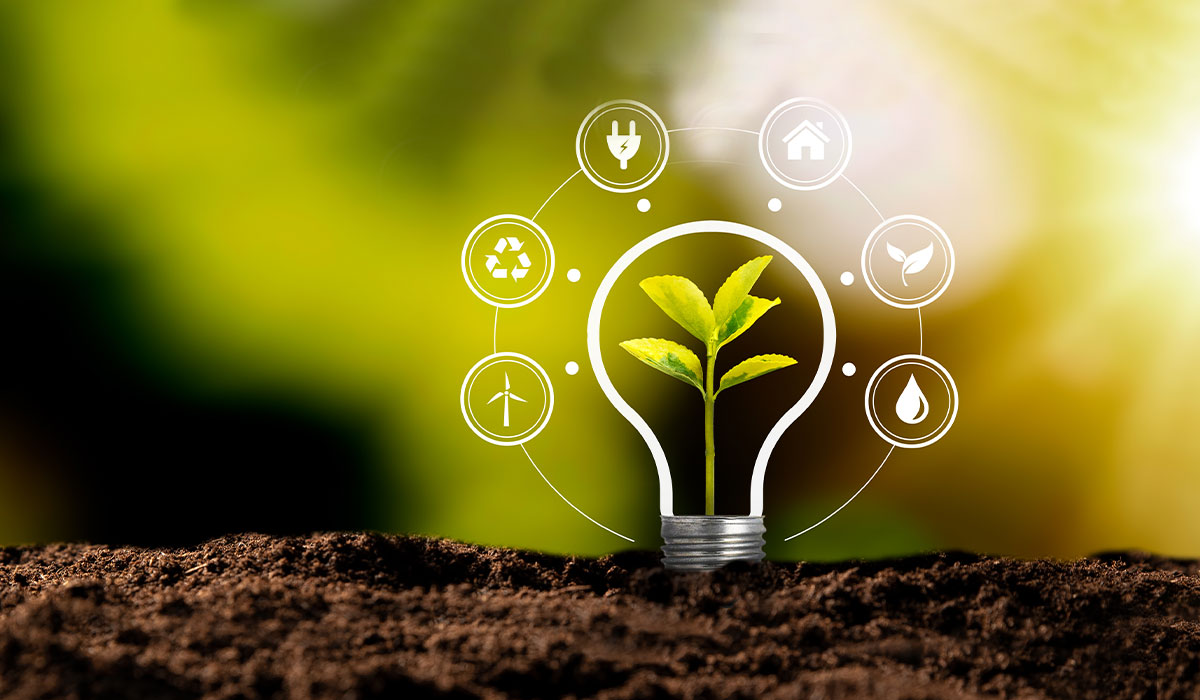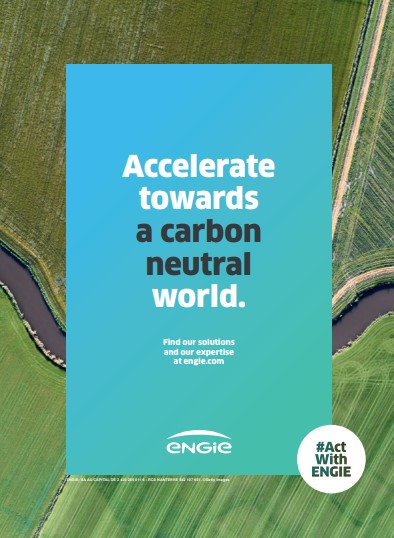


ENGIE is committed to working with its partners to co-develop emerging technologies through pilot projects and demonstrators
According to the International Energy Agency, 75% of the reductions in greenhouse gas emissions to achieve carbon neutrality will need to come from emerging technologies. These technologies must therefore rapidly move from the laboratory to the pilot project stage then demonstrations in order to be commercialized, as it has been the case the last decade for photovoltaics, onshore and offshore wind power and, more recently, lithiumion batteries. In the near future, floating wind power, perovskite solar cells, hydrogen, Carbon Capture and Utilization (CCU), etc. will be added to this list.
This is the mission of ENGIE Research: to contribute to the scaling up of technologies, from the laboratory to pilots, with the ultimate goal of having the technology adopted by our business units and the market.
Our role is threefold: making sure the group does not miss any upcoming emerging technologies, setting-up collaborations on these non-mature technologies with the key international academics and research institutes, developing in house missing technology gaps and derisk/optimise through pilots and demonstrators an integrated marketable solution.
“At ENGIE, the most important step in a technology evaluation process is the “pilot test” stage. It is crucial to bring the technology to maturity, but also to gain practical experience and knowledge about its operational performance.
For all our pilot projects, the economic performance and commercial potential of the technology are a important parts of the research program and are usually carried out in collaboration with different partners.
This pilot testing can either be supported by public funding (national, EU, …) or be fully privately funded with funds coming from the different partners.
ENGIE is committed to work with its partners to codevelop emerging technologies through pilot projects and demonstrators |
Pilot testing is greatly supported by for instance EU’s green deal initiative targeting carbon neutrality by 2050. Another important aspect of going through a pilot stage may be increasing the awareness and thereafter the social acceptance of a new technology.
All pilot projects today imply a life cycle assessment (LCA) to ensure that the technology being considered is a significant improvement from an environmental point of view. The LCA methodology takes into account:
At ENGIE, we attach great importance to the importance to the environmental impact of new technologies. We are convinced that breakthrough technologies are needed and can completely change the way we produce or use energy, to achieve carbon neutrality.
| The GAYA platform, in Saint-Fons in the Rhône. Its goal: to produce green gas from non-recyclable waste. |